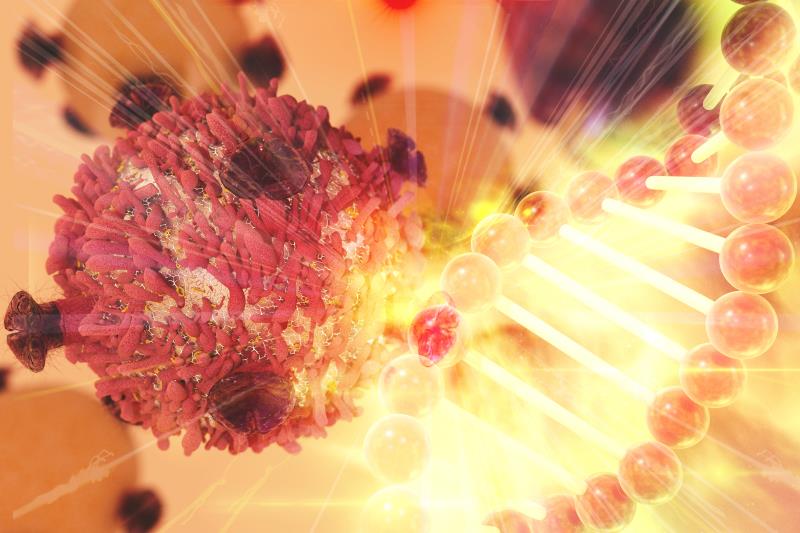
Next generation sequencing (NGS) was able to characterize novel causative mutations in colorectal cancer patients suspected of having Lynch Syndrome (LS), an Asian study has shown, potentially expanding the list of candidate genes targeted for cancer research.
“Eleven of 174 probands tested had a pathogenic mutation in the MMR* gene, similar to the panel-based NGS studies done in the Western population,” said the researchers. “We identified 4 novel frameshift indel mutations in MMR genes in this cohort – 2 in MLH1, and 1 each in MSH2 and PMS2.”
The study was touted as one of the firsts on NGS testing in Asian high-risk patients with suspected LS. “NGS proved to be feasible in screening for causative mutations in cancer patients suspected to have LS,” said study author Dr Samuel Ow, consultant medical oncologist at National University Cancer Institute, Singapore. “[Testing with] panel-based NGS is a practical and economical option to the traditional paradigm of phenotype-directed testing.”
NGS has been increasingly utilized in clinical and research setting to aid diagnosis and explore other genes’ implication in hereditary colon cancer. However, data are lacking in Asian population, said Ow. The genetic spectrum of Asian patients with LS is not well understood.
The current study included 174 Asian cancer patients suspected with LS. Patients were recruited through the Clinical Cancer Genetics Clinic at the National University Cancer Institute from January 2001 to December 2014 and were polled on their cancer history and three-generation family history, when available. Germline DNAs were obtained for NGS using TruSight Cancer** panel and sequenced on the Illumina MiSeq platform. [Clin Colorectal Cancer 2019;doi.org/10.1016/j.clcc.2019.05.007]
Of 364 unrelated probands, 174 were identified to have suspected LS. Of 174 probands, 55.7 percent were male, 80.5 percent were of Chinese ethnicity, and had a personal history of LS-associated cancer (93.1 percent). Median age was 45 years at cancer diagnosis. Almost 85 percent and 8.6 percent had colon and LS-like cancer, respectively. Of 100 evaluable colon cancer probands, 47 had LS-like histopathologic features; 19 of 174 had family history fulfilling Amsterdam I/II Criteria while the rest fulfilled the Bethesda guidelines.
Thirty-one of 174 probands screened harboured pathogenic mutations (10 in LS genes alone, 20 in non-LS genes alone, and 1 had both mutations). Of the 11 with unique LS gene mutations, MLH1 was most commonly involved (7 cases), followed by MSH2 (2 cases) and MSH 6 and PMS2 (1 case each). All 4 novel mutations were not previously identified in literature.
Nine of 174 had pathogenic mutations diagnostic of alternative hereditary syndromes, including 2 each in CDH1, APC, and BRCA1, and 1 each in BRCA2, SMAD4, and MUTYH. Ten unique mutations were detected in low-to-moderate penetrance genes (6 had a recurring novel KIT:c.2836C>T nonsense mutation or ERCC4:c.2169C>A nonsense mutation without LS gene mutation).
LS is the most common hereditary colorectal cancer syndrome and accounts for up to 4 percent of colorectal cancers. [J Clin Oncol 2008;26:5783-5788] Although LS can be attributed to germline mutations in 5 MMR genes (MLH1, MSH2, MSH6, PMS2, and EPCAM), still up to 50 percent of suspected cases have undefined genes.